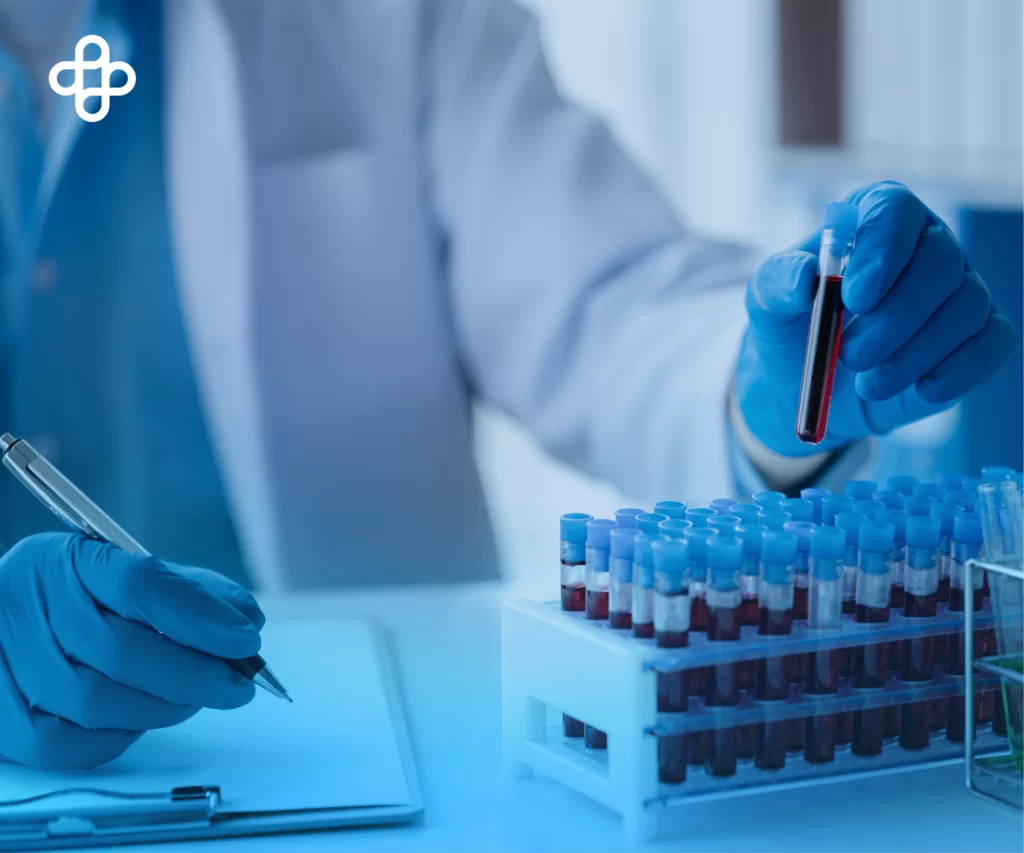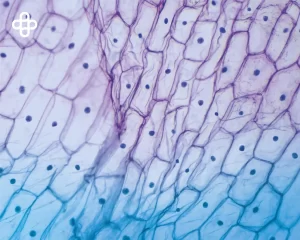Hyperthyroidism is a medical condition characterized by the excessive production of thyroid hormones. This dysfunction can lead to various symptoms that negatively impact patients’ quality of life. Fortunately, regenerative medicine offers new and promising therapeutic perspectives for treating hyperthyroidism. In this article, we will explore these innovative alternatives and how they can transform the management of this condition.
What is Hyperthyroidism?
Hyperthyroidism occurs when the thyroid gland produces more hormones than the body needs. Thyroid hormones regulate metabolism so that an excess can cause weight loss, nervousness, excessive sweating, palpitations, and other uncomfortable symptoms.
Conventional Treatments for Hyperthyroidism
Conventional treatments for hyperthyroidism include antithyroid medications, radioactive iodine therapy, and surgery. While effective, these methods can have significant side effects and not consistently achieve a permanent solution.
New Therapeutic Perspectives in Regenerative Medicine
Regenerative Medicine: An Innovative Approach
Regenerative medicine focuses on repairing, replacing, or regenerating damaged cells, tissues, and organs. This emerging field can potentially revolutionize the treatment of hyperthyroidism through stem cells and other biological therapies.
Stem Cell Therapies
Stem cell therapies involve using cells that can differentiate into various cell types. In the case of hyperthyroidism, research is investigating using mesenchymal stem cells (MSCs) to regenerate thyroid tissue and regulate hormone production.
Gene Therapy
Gene therapy is another promising area in regenerative medicine. This technique involves introducing genetic material into the patient’s cells to correct genetic defects or alter specific cellular functions. In hyperthyroidism, gene therapy could correct the mutations that cause the overproduction of thyroid hormones.
Tissue Engineering
To create functional tissues, tissue engineering combines cells, growth factors, and biomaterials. This technique could enable scientists to develop functional thyroid tissues in the laboratory, which they could then transplant into the patient to restore normal thyroid function.

Benefits of Regenerative Medicine in Hyperthyroidism
The main benefit of regenerative medicine in the treatment of hyperthyroidism is the possibility of a more definitive cure with fewer side effects compared to traditional treatments. Additionally, doctors can personalize these therapies to address each patient’s specific needs, increasing the chances of success.
Challenges and Future of Regenerative Medicine in Hyperthyroidism
Continuous advancements in Regenerative Medicine in this field are promising and could change the landscape of hyperthyroidism treatment in the coming years.
Conclusion
Hyperthyroidism is a complex condition that requires innovative treatment approaches. Regenerative medicine, with its stem cell therapies, gene therapy, and tissue engineering, offers new therapeutic perspectives that could transform patients’ lives. As research progresses, we will likely see the implementation of these treatments in clinical practice, providing hope to those suffering from hyperthyroidism.
I invite you to read my article “Understanding Thyroid Symptoms: Hypothyroidism, Hyperthyroidism, Thyroid Cancer, Thyroid Nodules, and Goiter.“





